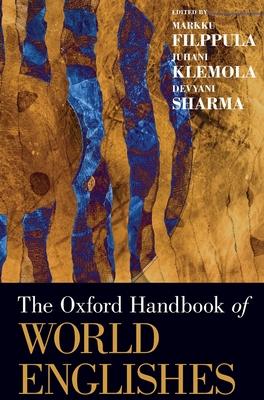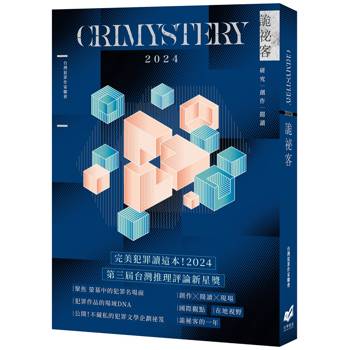As the most widely documented language in human history, English holds a unique key to unlocking some of the mysteries of the uniquely human endowment of language. Yet the field of World Englishes has remained somewhat marginal in linguistic theory. This collection heralds a more direct and mutually constructive engagement with current linguistic theories, questions, and methodologies. It achieves this through areal overviews, theoretical chapters, and case studies. The 36 articles are divided between four themes: Foundations, World Englishes and Linguistic Theory, Areal Profiles, and Case Studies. Part I sets out the complex history of the global spread of English. This is followed, in Part II, by chapters addressing the mutual relevance and importance of World Englishes and numerous theoretical subfields of Linguistics. Part III offers detailed accounts of the structure and social histories of specific varieties of English spoken across the globe, highlighting points of theoretical interest. The collection closes with a set of case studies that exemplify the type of analysis encouraged by the volume. As attention is focused on innovative work at the interface of dialect description and theoretical explanation, the book is more succinct in its treatment of applied themes, which are given complementary coverage in other works.
| FindBook |
|
有 1 項符合
Devyani (EDT),Filppula,Juhani (EDT)/ Sharma,Markku (EDT)/ Klemola的圖書 |
 |
$ 12300 | The Oxford Handbook of World Englishes
出版社:Devyani (EDT),Filppula,Juhani (EDT)/ Sharma,Markku (EDT)/ Klemola 出版日期:2017-03-14 語言:英文 規格:精裝 / 19.1 x 25.4 x 6.4 cm / 普通級  看圖書介紹 看圖書介紹
|
|
|
圖書介紹 - 資料來源:博客來 評分:
圖書名稱:The Oxford Handbook of World Englishes
|










